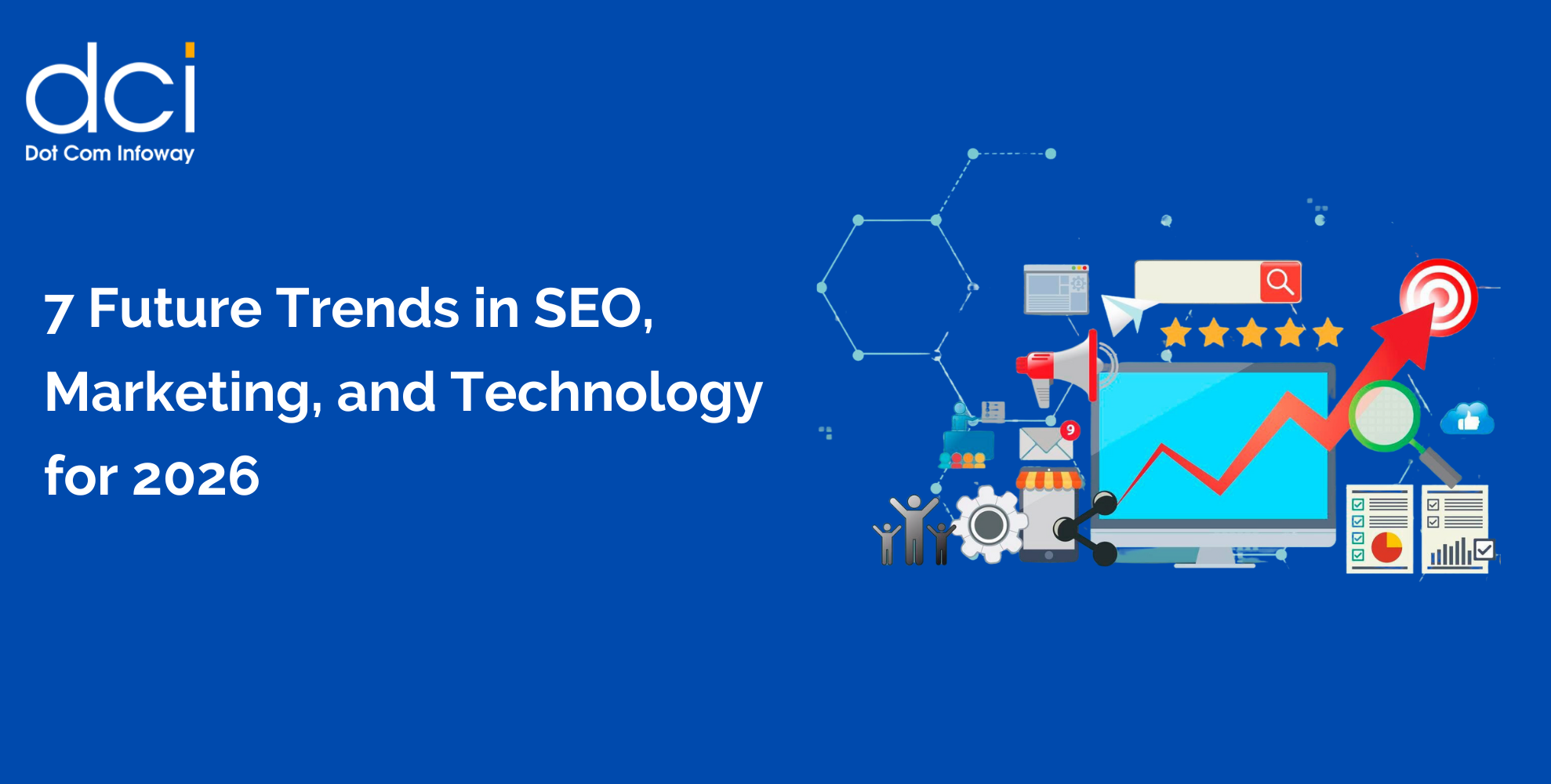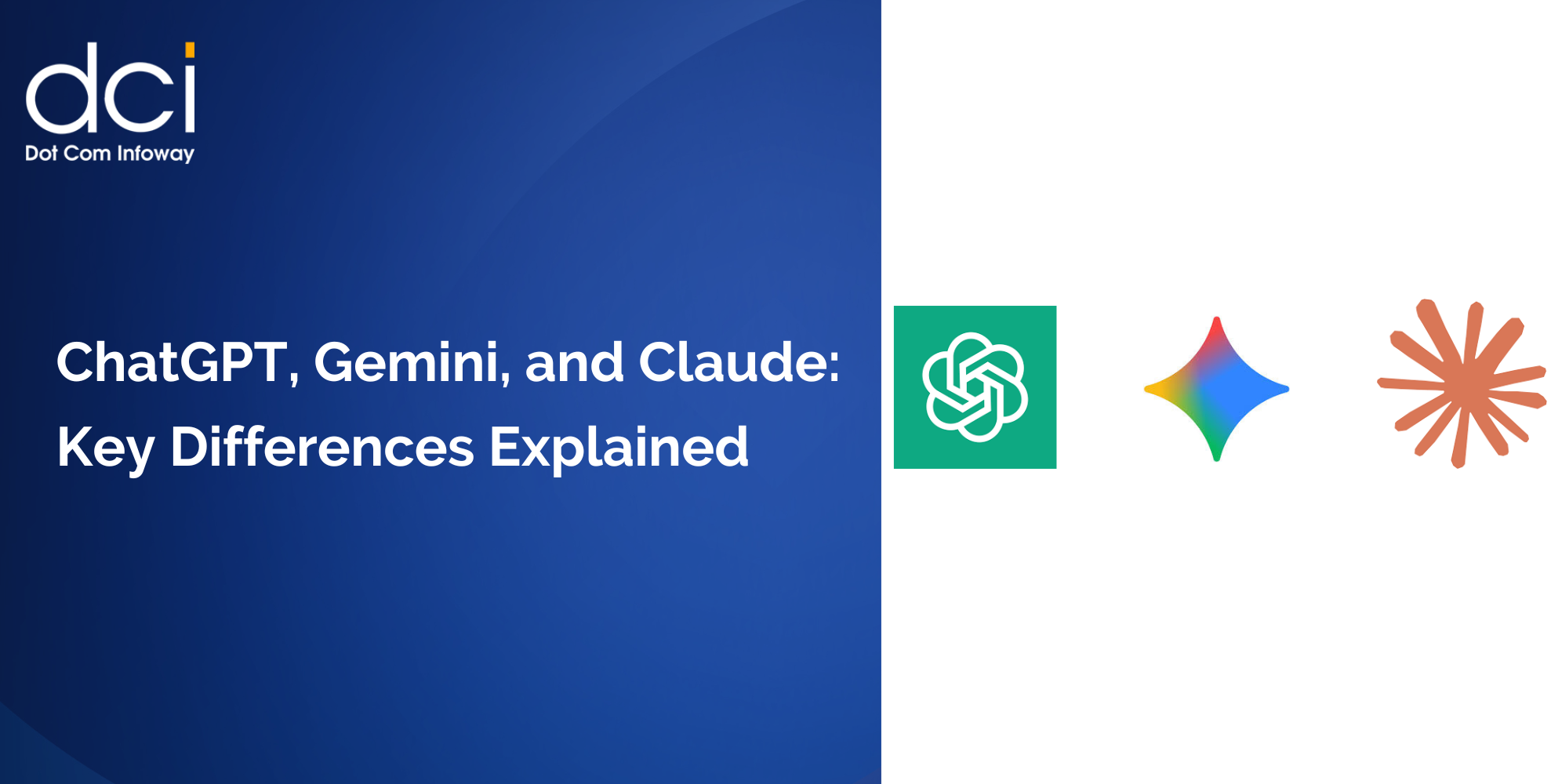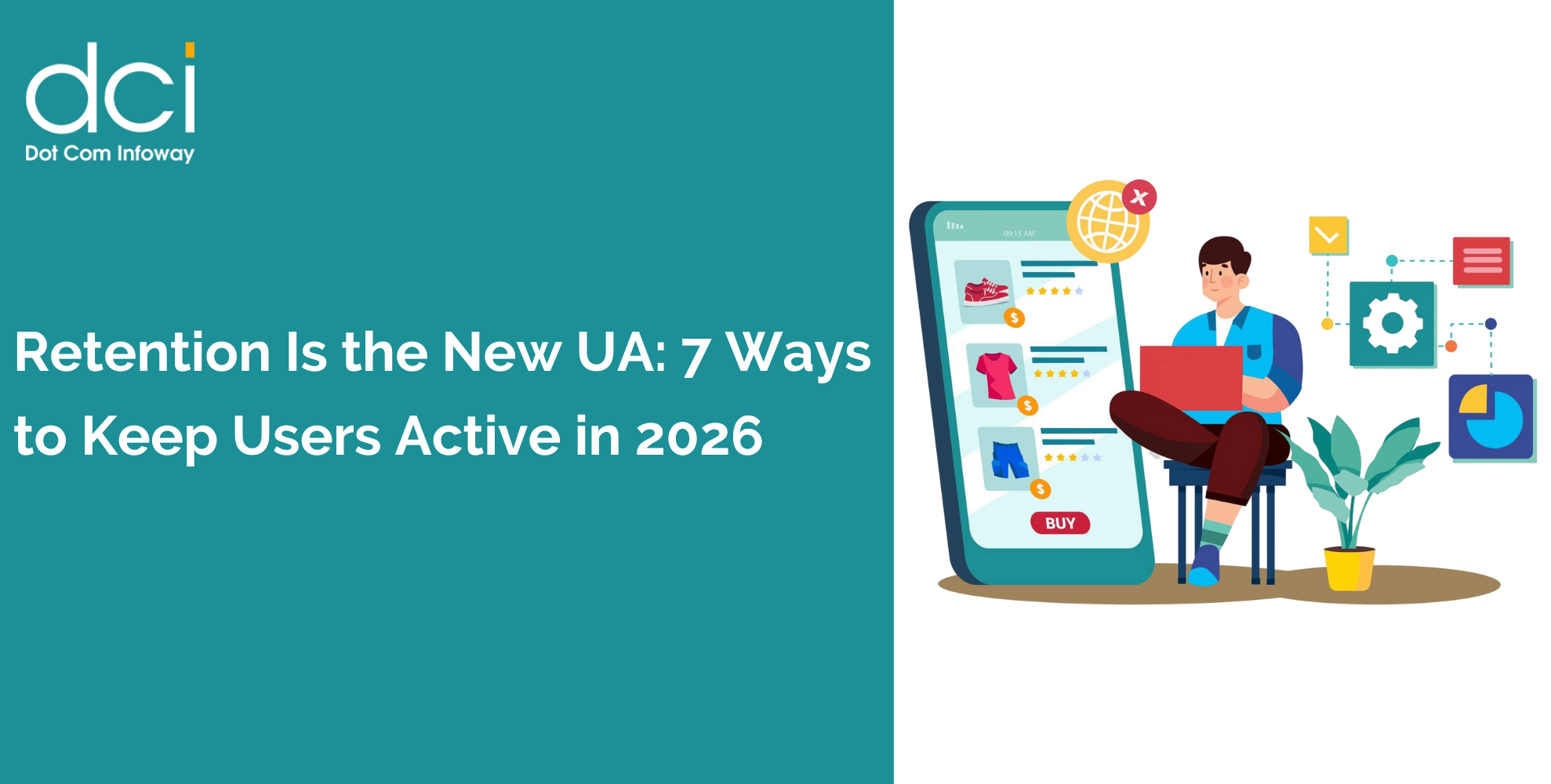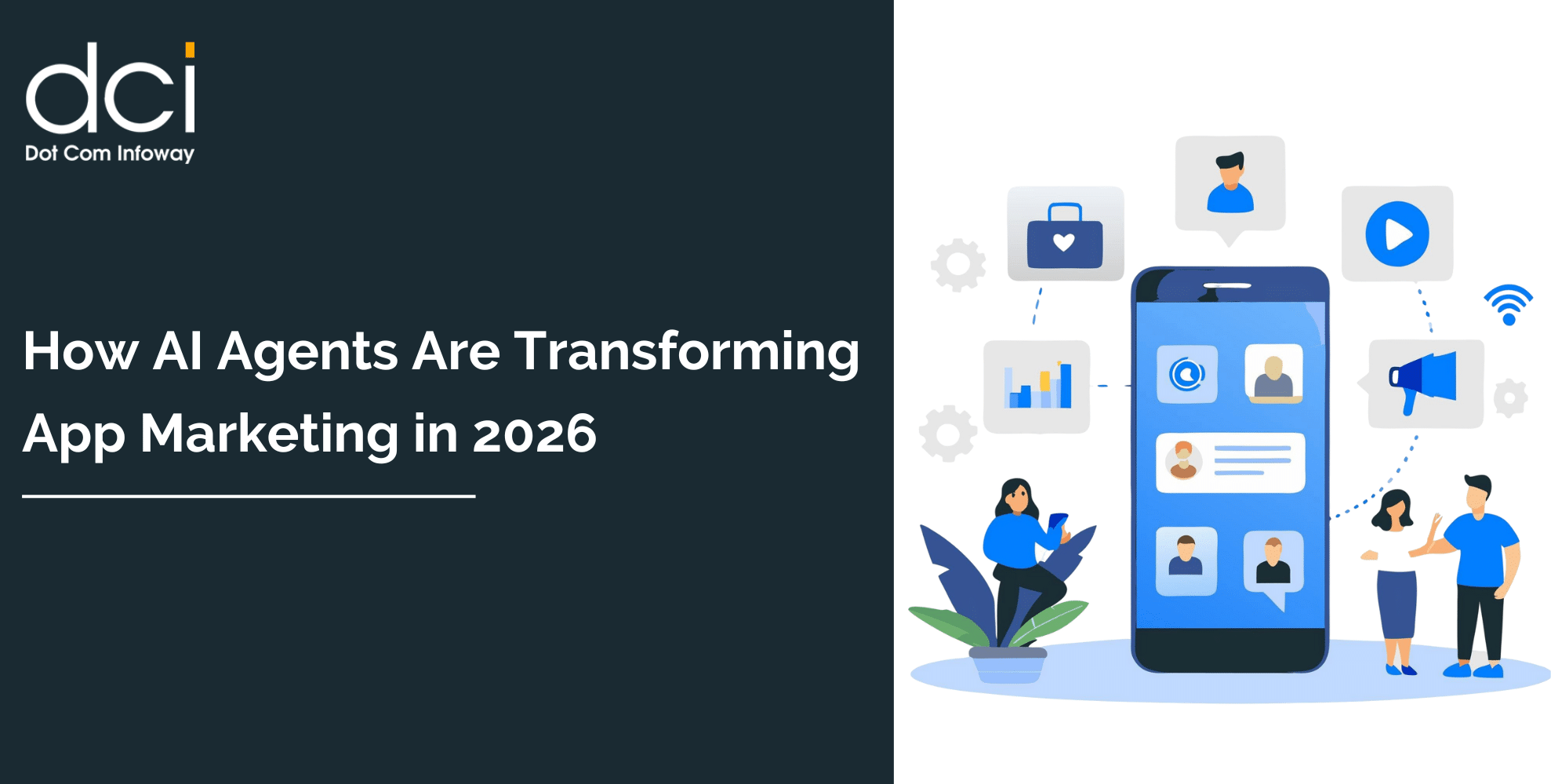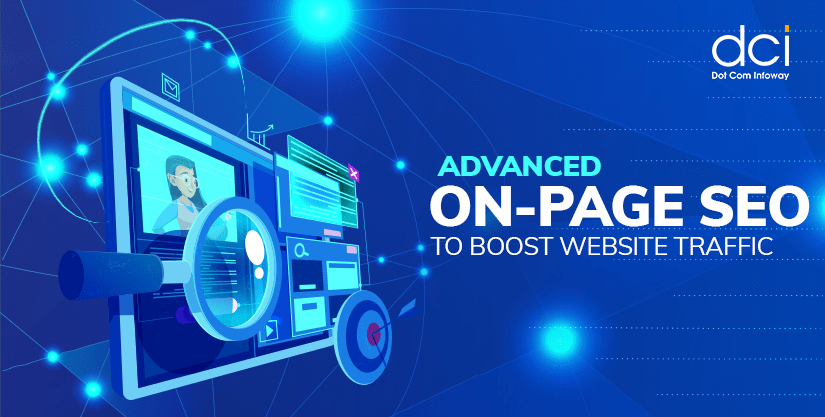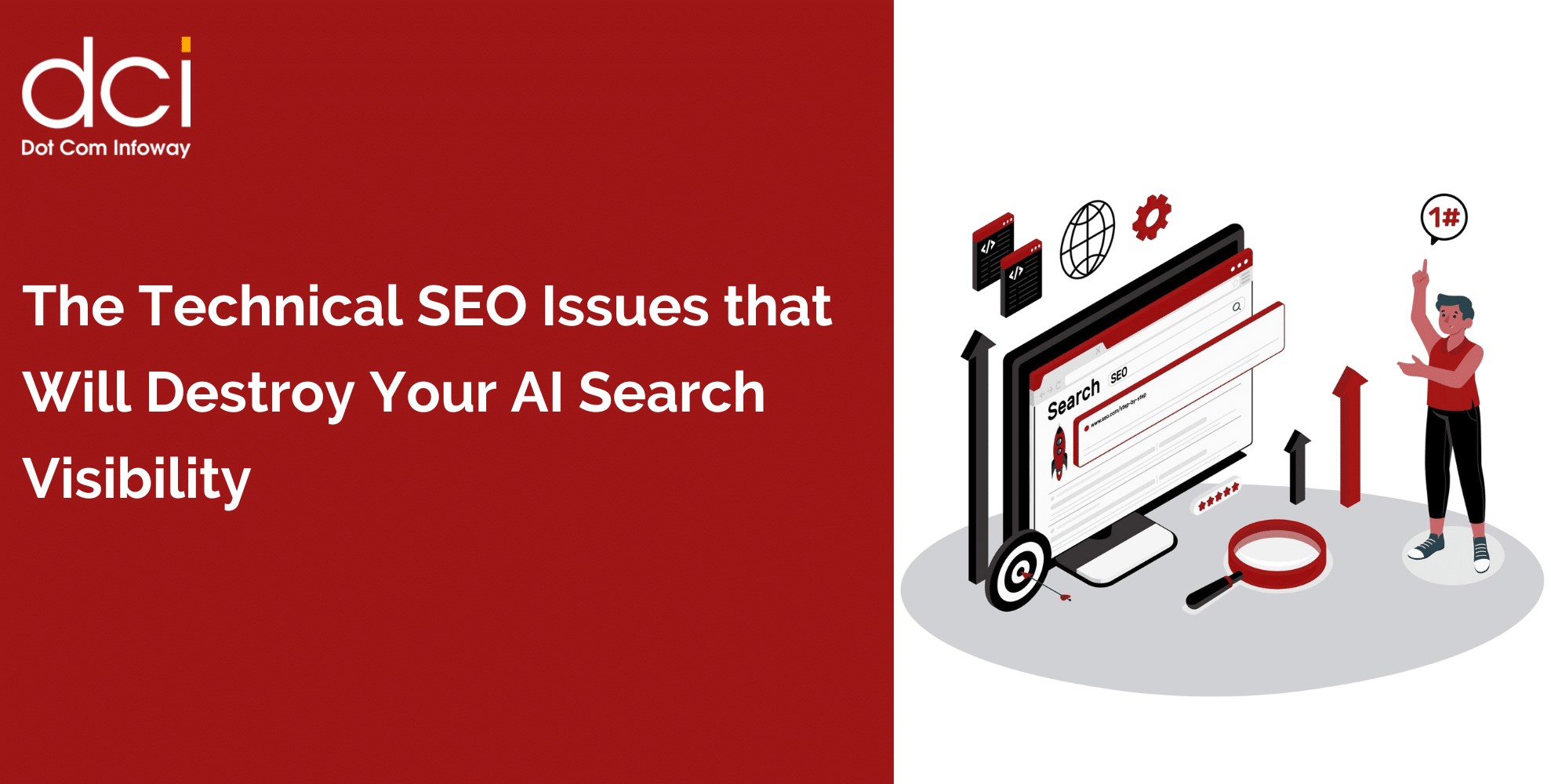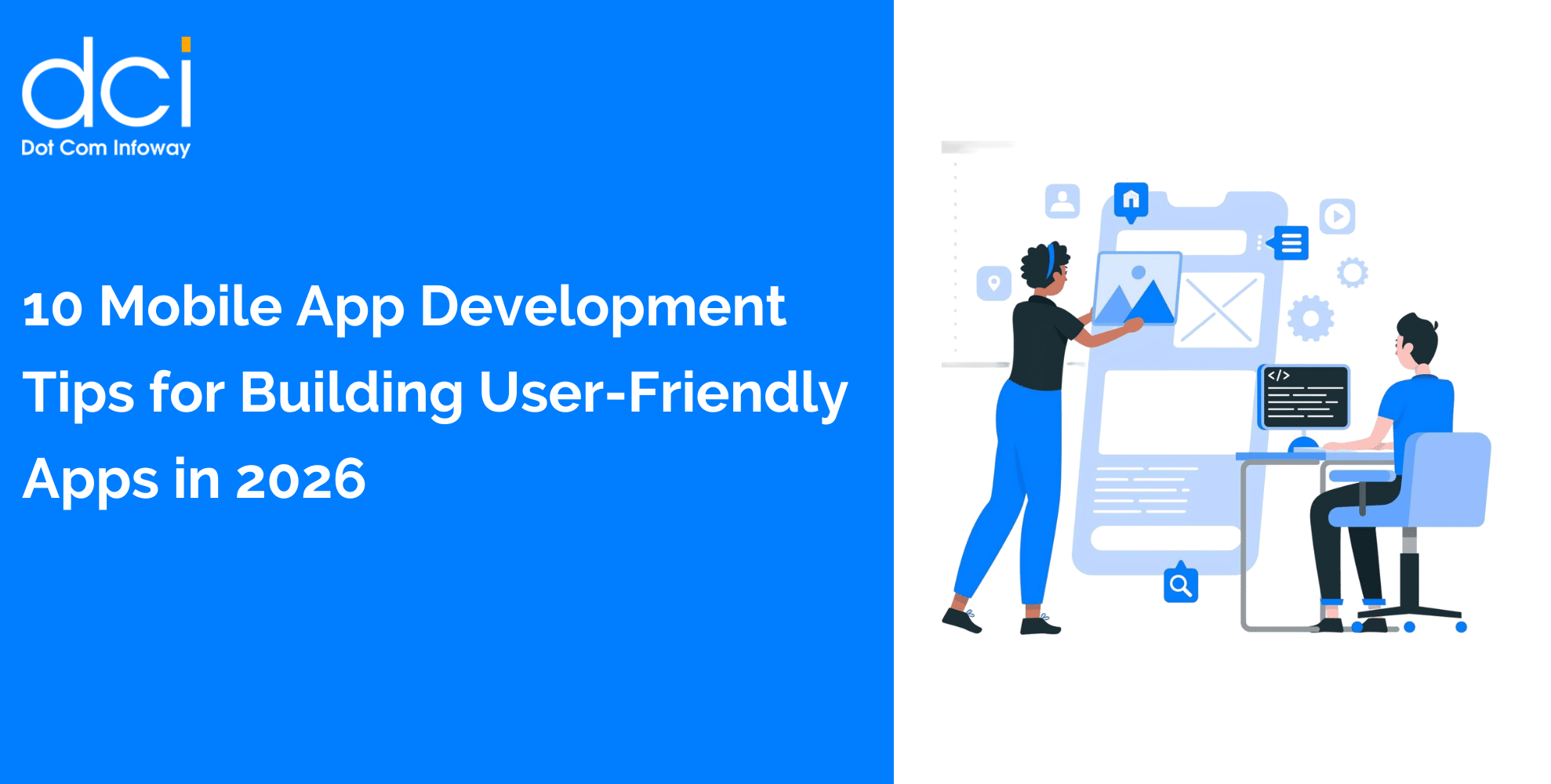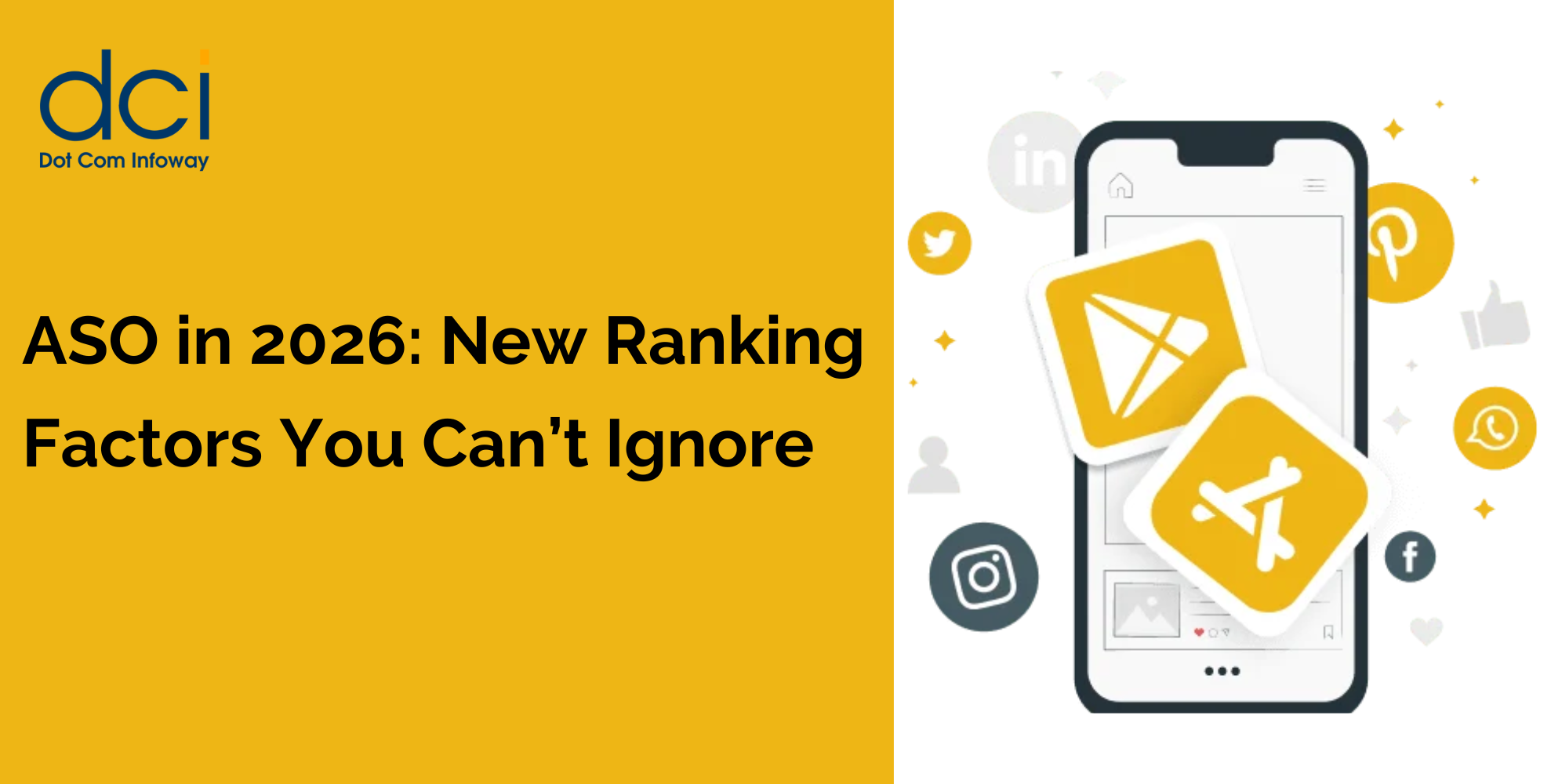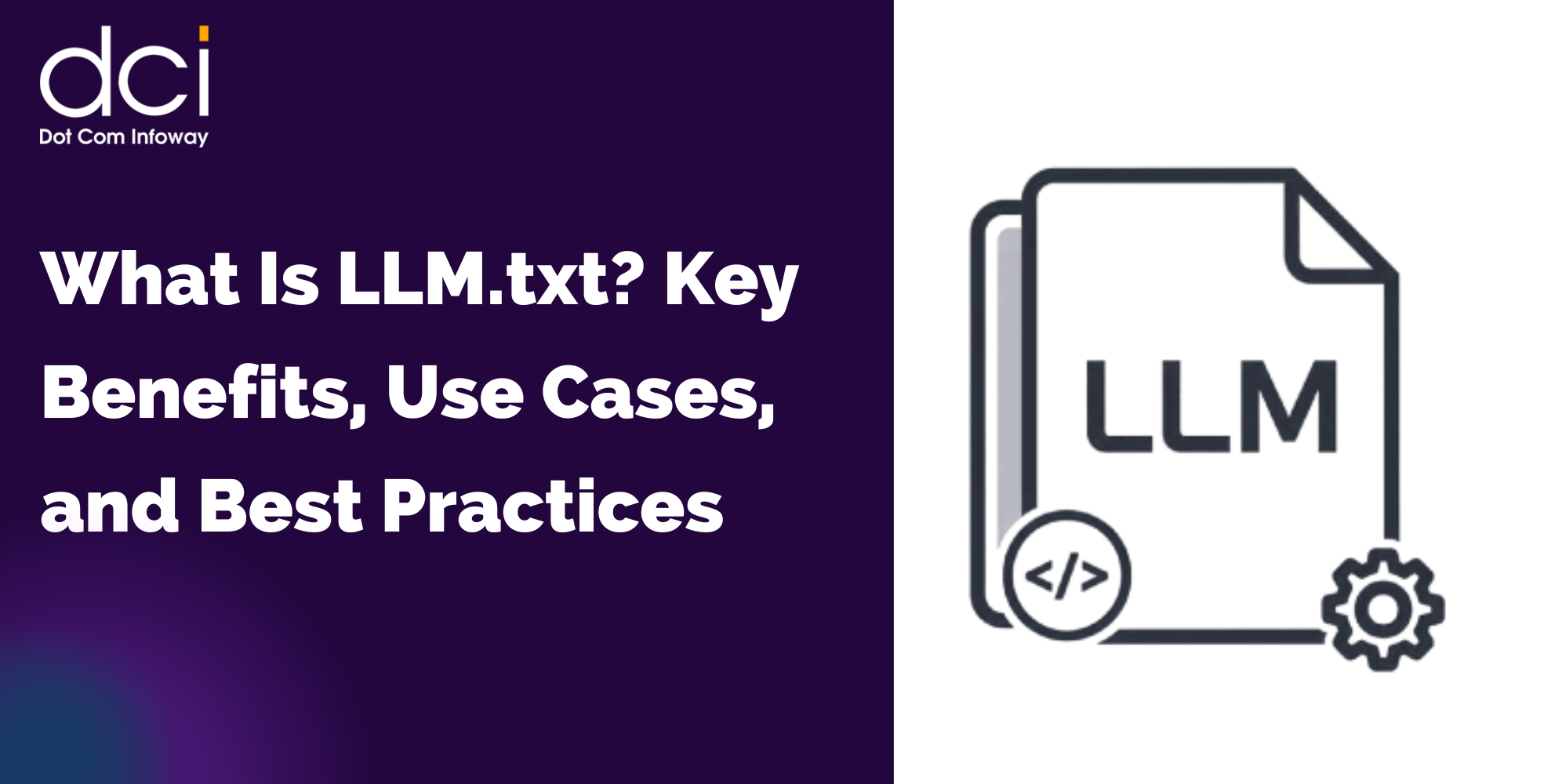What Are AI Agents and Why They Matter Now
AI Agents represent a fundamental leap beyond traditional automation tools. While chatbots respond to queries and dashboards display information, AI Agents actively participate in decision-making processes, flagging anomalies, surfacing actionable insights, and triggering responses before problems escalate.
According to recent Gartner research, these autonomous business systems can accelerate business processes by 30% to 50%. More importantly, they’re not confined to single tasks: modern AI Agents leverage large language models to plan multi-step workflows, adapt their approaches in real-time, and collaborate with other agents to solve complex business challenges.
“Unlike traditional automation that follows rigid scripts, AI agents can observe situations, reason about them, and adjust their strategies based on changing conditions,” notes IBM’s latest enterprise AI report.
The transformation is happening faster than most realize. BCG’s recent study reveals that nearly 80% of senior executives have already implemented some form of agentic AI, with 19% deploying it enterprise-wide. This isn’t experimental technology: it’s operational reality.
The Autonomous Business Revolution Across Departments
Sales and Revenue Generation
AI Agents are revolutionizing how companies identify, qualify, and convert prospects. ServiceNow’s implementation demonstrates this perfectly: their agents analyze CRM data to rank leads automatically, send personalized outreach based on prospect behavior patterns, and even schedule follow-ups when engagement metrics indicate optimal timing.
The results speak volumes. Companies using agentic process optimization in sales report 40% higher conversion rates compared to traditional approaches. These systems don’t just automate tasks: they predict customer needs and proactively suggest solutions.
Customer Service Transformation
Traditional customer service relies on human agents to handle everything from password resets to complex technical issues. AI Agents are changing this dynamic entirely. They can:
- Classify incoming requests and route them to appropriate specialists instantly
- Resolve common issues autonomously while escalating complex problems with full context
- Analyze customer sentiment in real-time and adjust communication strategies accordingly
Deloitte’s recent case study showcased a telecommunications company that reduced average resolution time by 60% after implementing intelligent agent systems. The human agents now focus exclusively on high-value problem-solving while AI Agents handle routine inquiries seamlessly.
Operations and Supply Chain Intelligence
The supply chain represents one of the most compelling use cases for business process automation through AI agents. These systems monitor inventory levels, predict demand fluctuations, and automatically initiate reorders to prevent stockouts.
A consumer goods company highlighted in BCG’s research transformed their operations dramatically: what previously required six analysts working a full week now takes a single employee working with an AI Agent less than one hour to complete. The agent handles data collection, analysis, trend identification, and recommendation generation autonomously.
Real-World Implementation Strategies
Multi-Agent Coordination Systems
The true power of AI Agents emerges when they work together in coordinated systems. One agent retrieves data, another processes and structures it, a third analyzes patterns, and a fourth generates actionable recommendations: creating what IBM researchers call a “chain of intelligence” that operates continuously.
This approach differs significantly from traditional SEO for AI tools or standalone automation. Instead, it creates an interconnected network where agents share insights and build upon each other’s work, much like how modern LLM search engine optimization requires multiple specialized systems working in harmony.
Integration Without Disruption
Many organizations hesitate to implement AI Agents because they assume it requires rebuilding existing systems. The reality is quite different. Modern agent frameworks integrate with existing CRM, ERP, and communication platforms through APIs and webhooks.
Companies like Salesforce and Microsoft have built agent-ready platforms that allow businesses to deploy agentic AI without major infrastructure changes. The key is starting with high-impact, low-complexity processes before expanding to more sophisticated workflows.
Measuring Success and ROI
Quantifiable Business Impact
Autonomous business systems deliver measurable results that justify implementation costs quickly. Recent studies show average ROI timelines of 6-8 months for well-designed agent implementations:
- Process Efficiency: 45% reduction in time-to-completion for routine tasks
- Error Reduction: 78% decrease in manual processing errors
- Cost Savings: 35% reduction in operational expenses within first year
- Customer Satisfaction: 52% improvement in response times and resolution quality
Beyond Cost Savings
While cost reduction grabs attention, the strategic benefits of AI Agents extend far beyond immediate savings. They enable businesses to scale operations without proportional headcount increases, improve decision-making through real-time data analysis, and free human employees to focus on creative, strategic work that drives innovation.
Companies implementing generative engine optimization alongside agent systems report additional benefits: improved search visibility, better content personalization, and enhanced customer experience across digital touchpoints.

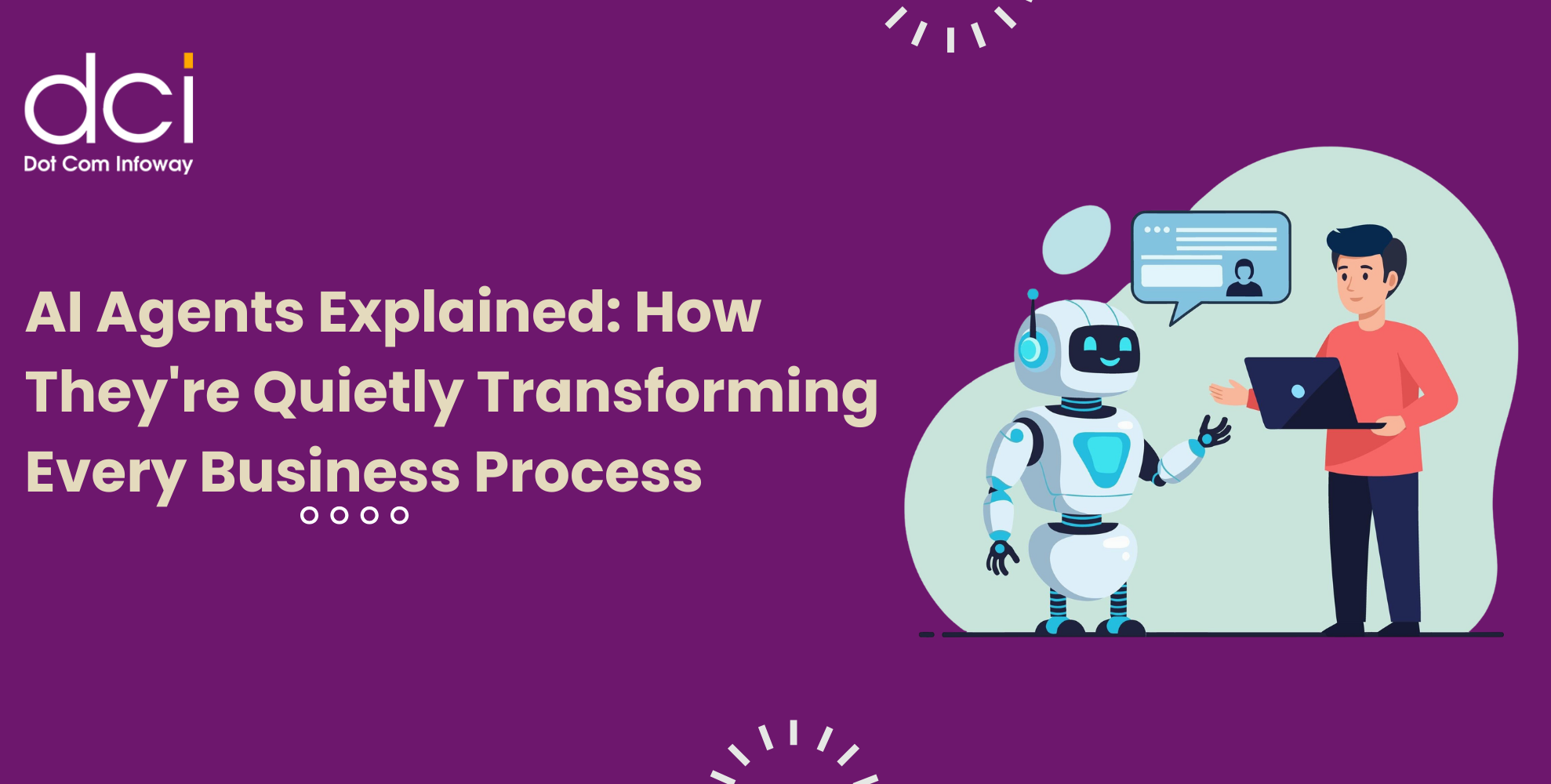
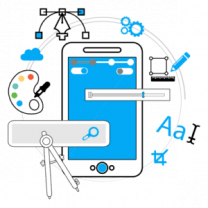




![The Game Marketing Guide: Pre and Post-Launch Strategies [Infographic]](https://www.dotcominfoway.com/wp-content/uploads/2023/09/DCI-Game-Marketing-blog-1.jpg)
